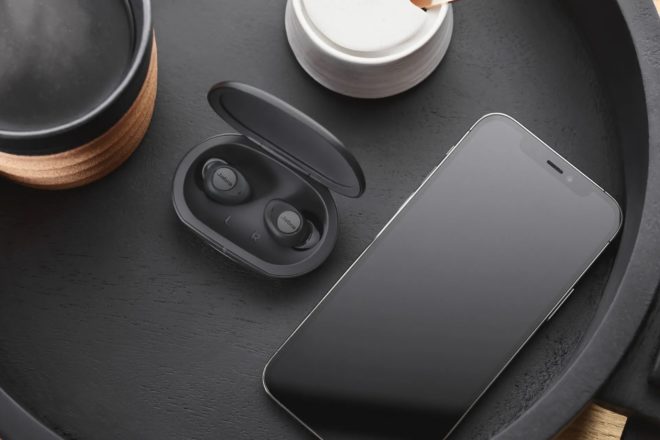Hearing aid problems are more than just a minor inconvenience or annoyance, they can seriously affect your quality of life. But why do hearing aids stop working? And how do you troubleshoot these issues? We’ll discuss the answers to these questions in our helpful hearing aid troubleshooting checklist. Read on to learn how to troubleshoot common hearing aid problems
.What Causes a Hearing Aid to Stop Working?
Before we jump into the checklist, let’s discuss some of the common reasons why a hearing aid stops functioning properly.
Unfortunately, things can go wrong with any hearing aid no matter how well made they are. But there is no reason to panic, many of these issues can be fixed without you having to buy a new hearing aid set. Although there are numerous things that can cause a hearing aid to stop working, here is a list of the top five issues that hinder a hearing aid’s ability to function properly.
1. Your hearing aid has a dead battery
If your hearing aid seems to stop working altogether, then the first thing you should do is change the battery. The average lifespan of a hearing aid battery depends on the size and type of battery you’re using. Many of the newer hearing aid models use rechargeable batteries which typically can charge overnight. If you’re troubleshooting a rechargeable hearing aid, it may not have charged properly. Check the connection of the hearing aids to the charger and of the charger to the outlet.
2. There are blockages in your hearing aid’s receiver tube
If your hearing aid’s sound is muffled then you should clean the device and check for blockages caused by earwax and other debris.
3. Your ears are blocked
Your ears can get blocked just like the hearing aid itself. If you feel like your ears are unusually stuffy then you should make an appointment with your primary care provider or hearing specialist to have them remove any impacted earwax from your ear canals that could be blocking sound.
4. You’ve lost or gained a considerable amount of weight
If you find yourself asking “Why does my hearing aid keep coming out?,” this could be your issue. Significant weight loss or gain affects the way your hearing aids fit. To fix this, you can go back to an audiologist and have them adjust the fit of your hearing aid or remake your earmolds.
5. Your hearing aid is too old
Sadly, hearing aids do not last forever and if you have an older model then you might need to get it replaced. So, what is the average lifespan of a hearing aid? You can go anywhere from three to seven years without needing a replacement—but this depends on various factors such as the make and model of your hearing aid devices, how often you clean them, and how often you send them in for maintenance. If you think you need to replace your hearing aid you should consult your hearing healthcare professional before committing to another purchase.
Now that we’ve discussed some of the most common factors that cause hearing aids to stop working, let’s jump into our troubleshooting checklists for common hearing aid problems.
Hearing Aid Troubleshooting Checklist
Why is My Hearing Aid Cutting Out?
Hearing aid voice distortion or general sound distortion usually occurs as a result of wax, moisture or debris. Moisture can block up the microphones, speakers and wires.
Why is My Hearing Aid Making My Ear Hurt?
This is most likely because your hearing aid was inserted incorrectly or because of changes in your ear’s physiology like increased ear wax buildup or significant weight gain or loss. Follow these instructions to troubleshoot this issue:
- Check to make sure your hearing aid is properly molded to your ear.
- Make sure there are no broken parts sticking out of your device.
- Consult your hearing healthcare provider if the issue persists.
- Get your ears checked for wax buildup.
Why is My Hearing Aid Too Quiet?
This could mean your hearing aid is clogged with debris, is damaged, or that your degree of hearing loss has changed. If you follow all of the steps below and still are experiencing issues then you should contact your hearing healthcare provider.
- Clear any debris out of your hearing aid’s microphone and tubing.
- Adjust your hearing aid’s memory settings.
- Adjust your hearing aid volume settings.
- Check for any obvious signs of damage.
One Last Question: Can I Repair My Own Hearing Aid?
If you’ve tried these troubleshooting tips and your hearing aids still aren’t working, you need to see a hearing healthcare professional for further assistance. Tinkering with your own hearing aid could make the problem worse and cause further damage to your device.
Hear Michigan Centers: Your Connection to Reliable and Affordable Hearing Care
At Hear Michigan Centers we’re ready to help. We are on a mission to transform outcomes for patients nationwide. With our vast network of community-based clinics, we can connect you to the best-in-class hearing health clinics in just a few easy steps. Locate a clinic near you!



